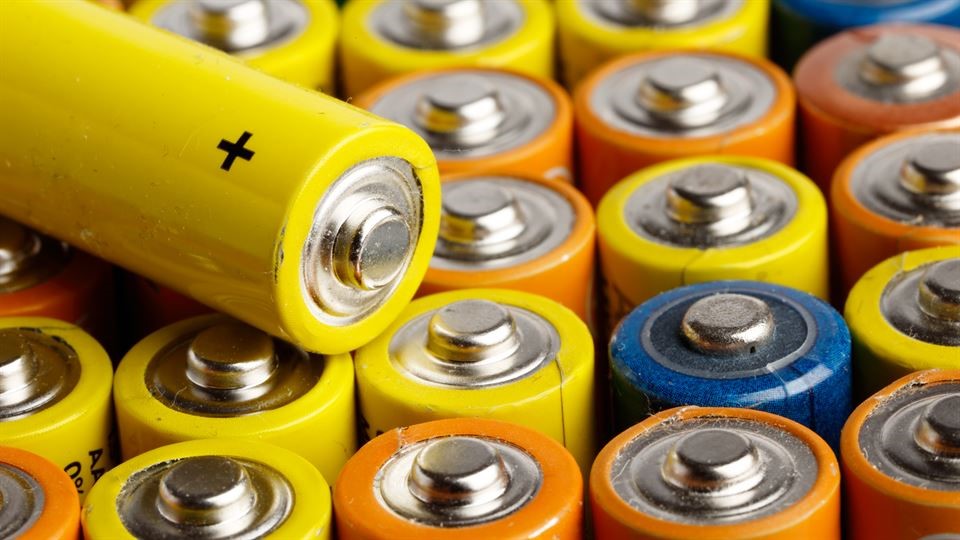

In today’s world, aluminium-ion batteries are gearing with rapid developments to outperform lithium-ion technology. The biggest advantage of aluminium-ion batteries is their economic and ample availability as raw materials, whereas Li-ion batteries raw materials come with a lot of obstacles in supply chains. The potentiality to exchange three electrons per ion, compared to lithium’s one, brings the capacity for higher storage.

The aluminium-ion batteries are still imprisoned in the laboratory due to multiple tests, especially due to the shelf-life of the batteries. However, in 2021, new research reported a remarkable vault in performance for the technology, which indicates a battery efficient of both high storage capacity and ultrafast charging could open new dimensions for energy storage, linking the gap between a battery and a supercapacitor.
The scientists of the Dalian University of Technology, China and the University of Nebraska, USA collaborated to develop a battery consisting of a pure aluminium anode, a graphene cathode, and an organic electrolyte. In the paper, the batteries are detailed as Ultra-fast charging in aluminium-ion batteries: electric double layers on the active anode.
The vital element to achieve this performance was an enhanced understanding of a mechanism known as ‘electric double layers’ – layers just a few nanometers thick which form at the interface between the metal electrode and electrolyte. By submerging the aluminium into Galinstan – a metal alloy that is liquid at room temperature – the team increased the surface energy of the anode allowing more aluminium ions to tunnel through the electric double layers.
The research team could demonstrate a battery with a 200 milliamp hours per gram (mAh/g-1) capacity with this viewpoint, which they proclaim is a leap forward from the previous record of120 mAh/g-1 for an Al-ion battery. The battery could also charge at a rate of 104 C – meaning duration of 0.35 seconds to reach the full capacity at 1000 A g−1.
Responses








